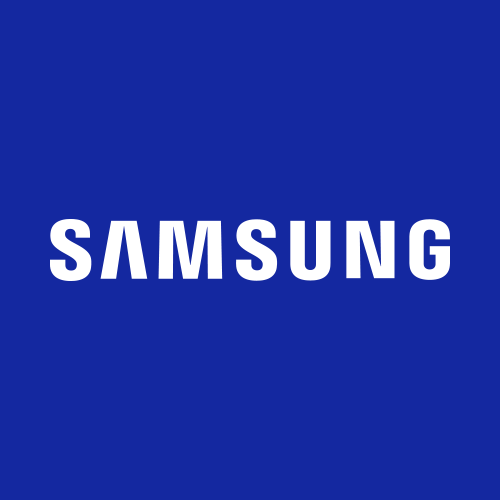Sabrent launches the Plotripper and Plotripper Pro SSDs for plotting Chia coin.
Sabrent's Plotripper Chia Plotting SSD Will Outlive Many Of Us : Read more
Sabrent's Plotripper Chia Plotting SSD Will Outlive Many Of Us : Read more
What drive is this referring too? Is this article trying to say the average 2tb drive has 3000 TBW endurance because I do not see how that is the case... Most good 1-2tb NVMe SSDs are 600-1800 TBW not 3k. Please correct me if I am wrong...For comparison, a typical 2TB consumer TLC drive is good for around 3,000 TBW.
Samsungs can go up to 4,800, depending on size. And thats just for SATA III.What drive is this referring too? Is this article trying to say the average 2tb drive has 3000 TBW endurance because I do not see how that is the case... Most good 1-2tb NVMe SSDs are 600-1800 TBW not 3k. Please correct me if I am wrong...

Before long, someone is going to want that for his gaming system.

Key word, almost.Lol, Well obviously that was the first thought that crosses our minds when we read the article. Thankfully though, im sure almost all of us realise how stupid that would be
The article implies that a typical 2TB consumer SSD is rated for 3000 TBW. The reality is that typical consumer SSDs like Samsung's 970 EVO line are only rated for 600 total drive writes, which would be 1200 TBW for a 2TB SSD. You have to upgrade to Pro-line SSDs for a good chunk of extra change to double the endurance and still only get 2400 TBW of rated endurance out of a 2TB SSD, still 600 TBW short.Samsungs can go up to 4,800, depending on size. And thats just for SATA III.
Oh yeah, the article seems to be very incorrect as to "typical".The article implies that a typical 2TB consumer SSD is rated for 3000 TBW. The reality is that typical consumer SSDs like Samsung's 970 EVO line are only rated for 600 total drive writes, which would be 1200 TBW for a 2TB SSD. You have to upgrade to Pro-line SSDs for a good chunk of extra change to double the endurance and still only get 2400 TBW of rated endurance out of a 2TB SSD, still 600 TBW short.
54,000 TBW.
The article implies that a typical 2TB consumer SSD is rated for 3000 TBW. The reality is that typical consumer SSDs like Samsung's 970 EVO line are only rated for 600 total drive writes, which would be 1200 TBW for a 2TB SSD. You have to upgrade to Pro-line SSDs for a good chunk of extra change to double the endurance and still only get 2400 TBW of rated endurance out of a 2TB SSD, still 600 TBW short.
Do they mean that some memory cells in the drive will last 54,000TWB? How could you know it when most of other cells already died?
Considering what plotting Chia implies, the logical "benchmark" would be theoretical total plots created before the SSD dies per dollar, which should be directly proportional to TBWs.Sabrent, however, claims that its latest product line offers the "best unit cost for plotting."
I'm curious to find out what metrics they'll use to support that claim.
I'm pretty sure that time (to plot) should be a factor as well. Otherwise a plain HDD should be superior to any SSD.... the logical "benchmark" would be theoretical total plots created before the SSD dies per dollar...
HDDs aren't SSDs, so they don't count on SSD benchmarks. The access time on HDDs and the random-intensive nature of Chia makes HDDs non-viable for plotting.I'm pretty sure that time (to plot) should be a factor as well. Otherwise a plain HDD should be superior to any SSD.

